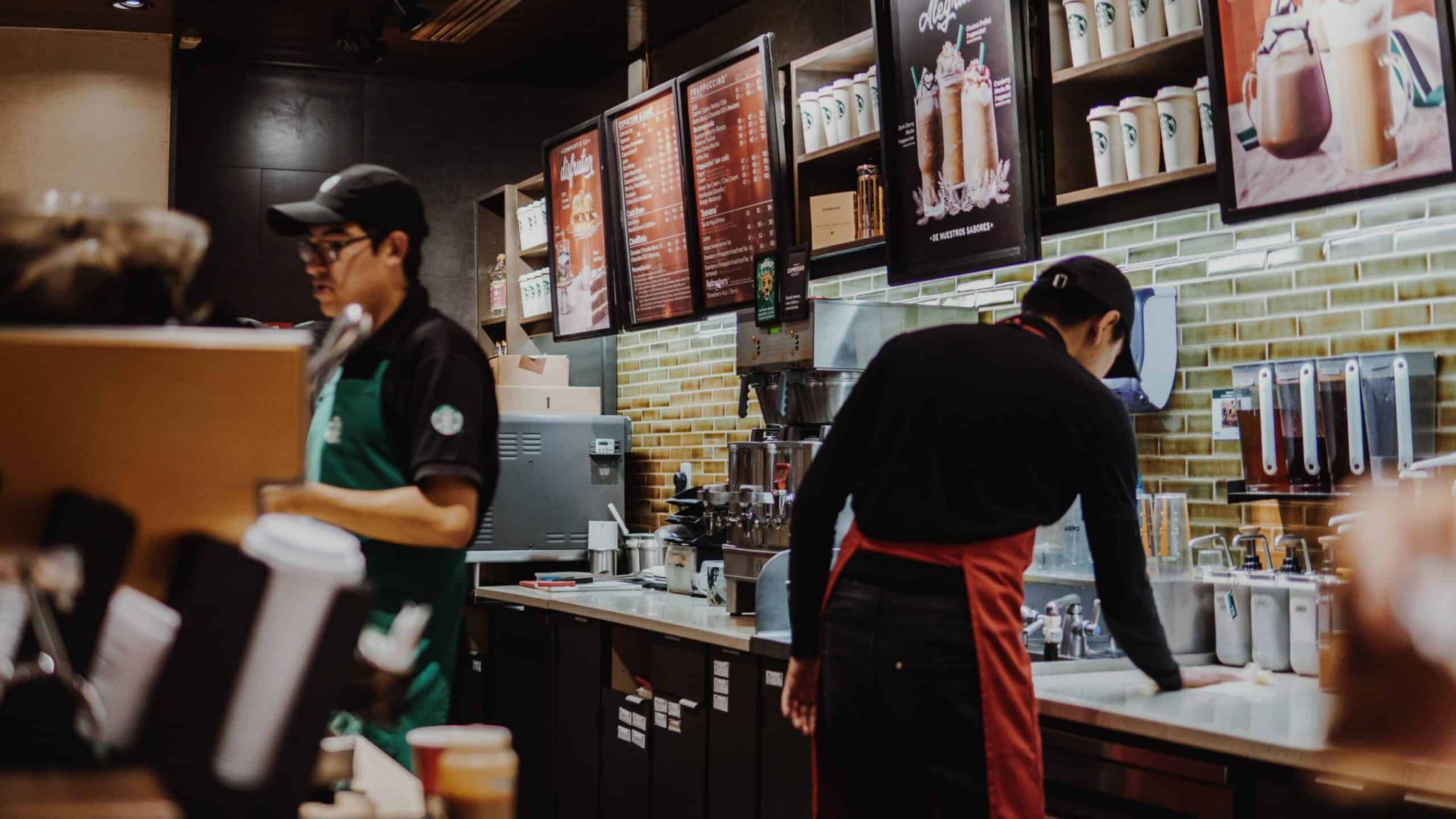
Fred Wang is a student at Harvard Law School.
In today’s News & Commentary, a lookback at a historic year of unionizing at Starbucks and across the tech industry.
It’s been a little over a year since the first Starbucks store in the U.S. organized, as Kevin summarized this weekend. A lot has changed in that time, to put it mildly.
As the Seattle Times recounts, while over 260 of its U.S. stores have unionized, Starbucks — “seen historically as employee-friendly” — has clashed with union workers the entire way. Claims of Starbucks retaliating against unionizing efforts are surely familiar at this point. Since January, the Starbucks Union has filed 548 unfair labor charges against Starbucks, per data collected by Matt Bruenig. Perhaps not coincidentally, election filings have started to level off in recent months. And as many stores shift from the union-organizing phase to the “slow contract negotiation process,” Starbucks’s efforts to obstruct to impede the labor movement are sure to continue. In short, “Starbucks has changed, and so has its relationship with workers.”
Still, many workers are committed to seeing this entire fight through. As one Seattle barista, Rachel Ybarra, put it: “Starbucks can’t get rid of me. I’m going to stay with this company until I can make it the company that it should be.”
“2022 saw an unprecedented rise in labor organizing in U.S. tech firms,” Axios notes, in a piece briefly summarizing the year’s major news in tech workers’ labor activism — such as organizing efforts at Amazon, Apple, and across the video game industry. Although labor organizing in the tech space is “still in its infancy,” Axios notes, the momentum that’s been built in the past year may well carry over into the next, especially as national approval of labor unions continues to rise.






Daily News & Commentary
Start your day with our roundup of the latest labor developments. See all
July 1
In today’s news and commentary, the Department of Labor proposes to roll back minimum wage and overtime protections for home care workers, a federal judge dismissed a lawsuit by public defenders over a union’s Gaza statements, and Philadelphia’s largest municipal union is on strike for first time in nearly 40 years. On Monday, the U.S. […]
June 30
Antidiscrimination scholars question McDonnell Douglas, George Washington University Hospital bargained in bad faith, and NY regulators defend LPA dispensary law.
June 29
In today’s news and commentary, Trump v. CASA restricts nationwide injunctions, a preliminary injunction continues to stop DOL from shutting down Job Corps, and the minimum wage is set to rise in multiple cities and states. On Friday, the Supreme Court held in Trump v. CASA that universal injunctions “likely exceed the equitable authority that […]
June 27
Labor's role in Zohran Mamdani's victory; DHS funding amendment aims to expand guest worker programs; COSELL submission deadline rapidly approaching
June 26
A district judge issues a preliminary injunction blocking agencies from implementing Trump’s executive order eliminating collective bargaining for federal workers; workers organize for the reinstatement of two doctors who were put on administrative leave after union activity; and Lamont vetoes unemployment benefits for striking workers.
June 25
Some circuits show less deference to NLRB; 3d Cir. affirms return to broader concerted activity definition; changes to federal workforce excluded from One Big Beautiful Bill.